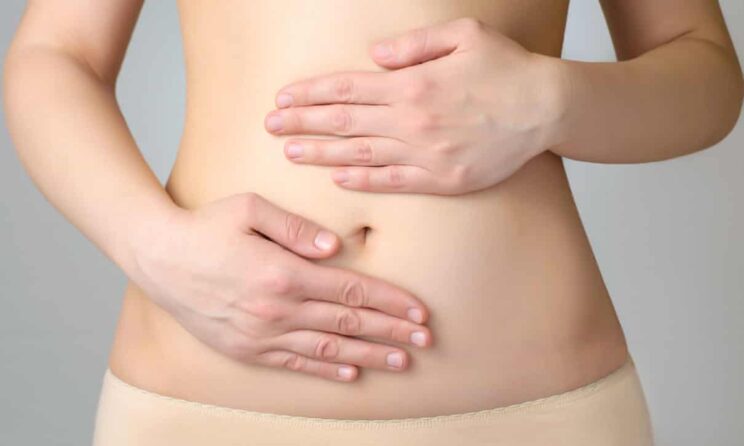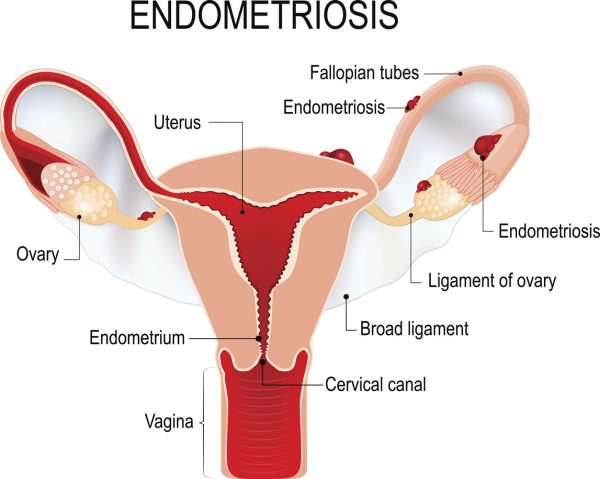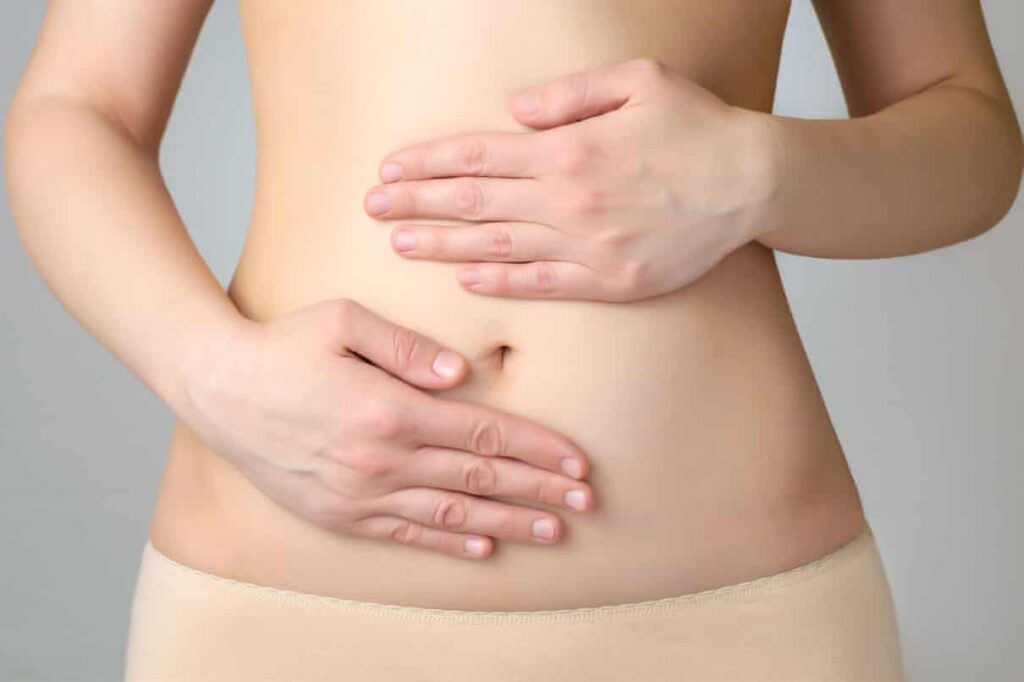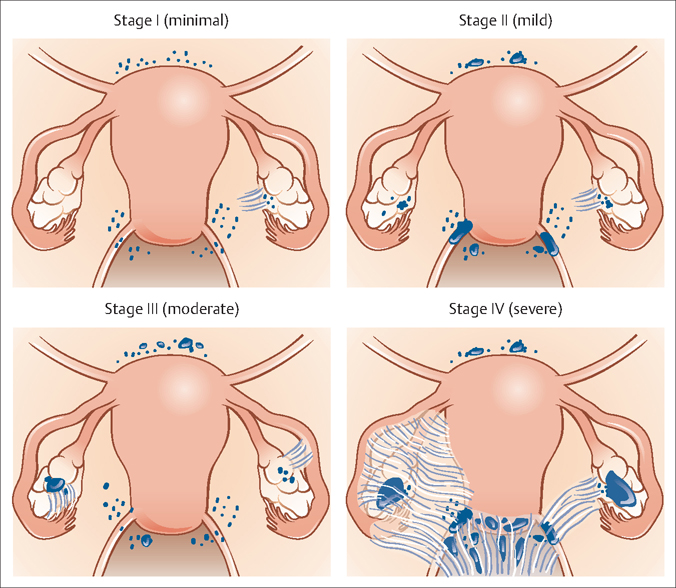
Endometriosis Disorder
For long, Endometriosis disorder has been a major threat to women because of the mystery surrounding the clinical problem. It is, however, very manageable with enough knowledge on it. Therefore, an insight on its causes, symptoms, diagnosis, stages, and treatment is vital in taming the matter.

Causes
Known causes of endometriosis disorder include retrograde menstruation, immune dysfunction, toxins, alcohol abuse and transformation of peritoneal cells. Embryonic cell transformation, endometrial cell transport, surgical scar implantation, and genetics have also been known to cause endometriosis.
Symptoms
Symptoms of endometriosis include, trouble conceiving and painful intercourse. Other symptoms include diarrhea, nausea, constipation and bloating during a woman’s wet days. Some endometriosis patients complain of pain during urination and long calls.

Bleeding before menstrual flows are due, unusually heavy menstrual flows, excruciating menstrual cramps, intestinal pains, lower back pain and fatigue may be symptoms of endometriosis too.
Diagnosis
While an estimated one-tenth of the women population is endometriotic, diagnosis may take as long as three to eleven years after the first symptom shows. Most diagnosis are made after a laparoscopy. Laparoscopy is a visual way of diagnosing the disorder. It is preferred because symptoms may be as a result of a different health problem.
Laparoscopy also enables doctors to classify the endometriosis as stage one, two, three or four based on points given. Points ranging from one to forty are awarded to the disorder according to the level of severity of the growth seen.
Stages

Endometriosis is classified into four stages. A stage 1 endometriosis is considered “minimal” with little implants discovered. It is usually graded points 1 to 5. For stage two, the implants are considered “mild”, graded 6 to 15, and are deeper than the implants in stage one.
Stage 3 endometriosis, graded 16 to 40, considered “moderate”, has many deep endometrial implants and endometrial cysts in at least one of the two ovaries. Endometriosis graded above 40 is stage 4. It is termed as “severe” and is characterized by dense adhesions around the pelvic area and enormous cysts.
Treatment
Endometriosis has no medical treatment. However, it can be regulated. Hormonal pills are usually prescribed to control the hormones associated with the disorder. Hygiene specifications, lifestyle and diet control are also used as management. In extreme cases, doctors may resolve to surgery.
While endometriosis may be a threat without treatment to the happiness of many mothers and girls, it needs not be so. Education on the subject is all one needs to understand how to handle it.






